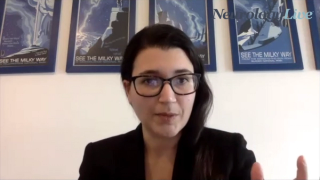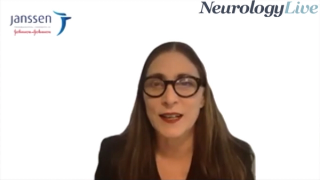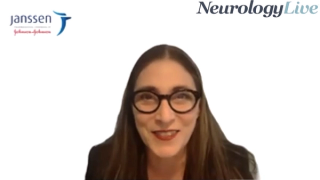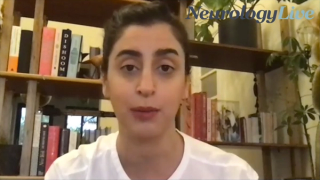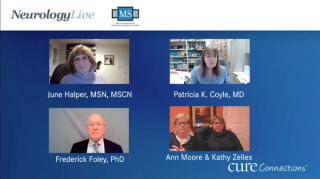
MS and Demyelinating Disorders
Latest News
Latest Videos

CME Content
More News

The FDA has granted the go-ahead to Biogen and Alkermes’ diroximel fumarate, which will be marketed as Vumerity, for the treatment of relapsing-remitting and secondary progressive MS, as well as clinically isolated syndrome.

The director of Centers for Neuropsychology and Neuroscience Research and Traumatic Brain Injury Research at Kessler Foundation spoke to the use of strategy training and how it mirrors real-life situations for patients with MS and TBI.
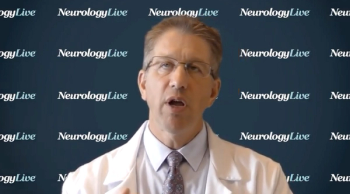
The neurologist at Cleveland Clinic outlines the need to better understand the biology of progressive MS in order to make substantial headway in its treatment.

Neurology News Network for the week ending October 28, 2019.

The chief medical executive at The University of Texas MD Anderson Cancer Center is expected to be named the next commissioner of the FDA by President Donald Trump.
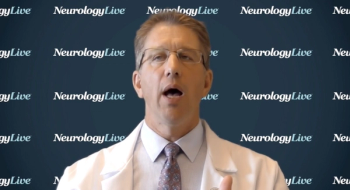
The neurologist at Cleveland Clinic discusses the clinical considerations included in the decision to stop treatment of MS in patients with progressive disease.

Study data demonstrates that treatment with satralizumab reduces risk of relapses in patients with neuromyelitis optica spectrum disorder.
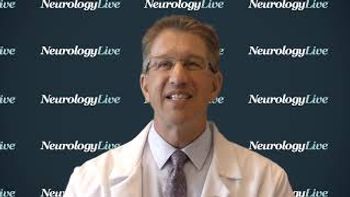
The staff neurologist at Cleveland Clinic addressed several questions regarding choosing an optimal therapy for patients with MS.

The FDA has granted the go-ahead to Biogen and Alkermes’ diroximel fumarate, which will be marketed as Vumerity, for the treatment of relapsing-remitting and secondary progressive MS, as well as clinically isolated syndrome.
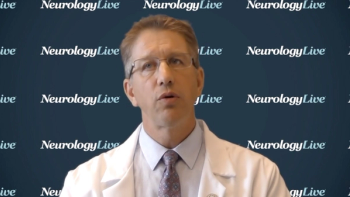
Robert Fox, MD, reviews the current treatment landscape for progressive multiple sclerosis, and why a focus on inflammation may not be sufficient to slow disease progression.

Robert Fox, MD, discussed the pursuit to identify new imaging biomarkers in an effort to better understand the disease course in progressive multiple sclerosis.

The drug is now approved to treat pediatric patients with both upper and lower limb spasticity, excluding spasticity caused by cerebral palsy.

VTS-72 is a proprietary combination of fumarate and VTS-Aspirin believed to improve the pharmacokinetics of fumaric acid while improving flush, which is estimated to occur in up to 40% of patients on a fumarate agent.

The latest generic entry comes on the heels of a new report from ICER, which published a list of prescription drugs that had substantial price increases in 2017 and 2018 without what they consider to be new supporting evidence.
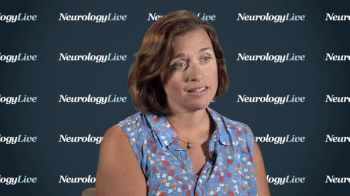
The director of Centers for Neuropsychology and Neuroscience Research, and Traumatic Brain Injury Research at Kessler Foundation discussed the use of cognitive rehabilitation techniques in healthy individuals.

A composite score of a number of measurements of evoked potentials may be able to predict sustained accumulation of disability in patients with clinically isolated syndrome, which could provide clinicians insight into early disease.
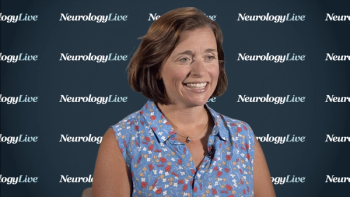
The director of Centers for Neuropsychology and Neuroscience Research, and Traumatic Brain Injury Research at Kessler Foundation shared her perspective on the varying benefits different patient groups derive through strategy training for cognitive rehabilitation.

This is the first study to compare infection risk with rituximab alongside other highly effective disease-modifying therapies.

The latest generic entry comes on the heels of a new report from ICER, which published a list of prescription drugs that had substantial price increases in 2017 and 2018 without what they consider to be new supporting evidence.

The director of Centers for Neuropsychology and Neuroscience Research, and Traumatic Brain Injury Research at Kessler Foundation discussed the use of strategy training in the cognitive rehabilitation of patients with MS and TBI.

Unsustainable costs pose challenges for patients and providers alike as the price of living with MS continues to rise.
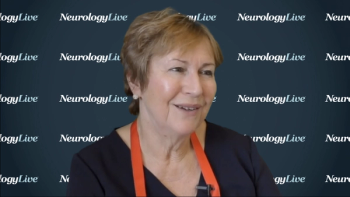
The neurologist at the National MS Center and University Hospital, in Brussels, discussed the clinician mindset when treating women with MS who plan to get pregnant, and how patients using assistive reproductive treatments should be approached.

Mallinckrodt’s repository corticotropin injection (Acthar Gel) showed statistically significant results for every efficacy end point assessed, including the primary end point. Data will be shared at an upcoming medical meeting.

After showing significant benefits in delayed disease progression in patients with secondary progressive MS, new data suggests siponimod can delay the time to wheelchair dependence by 4 years.

Hauser, who is director of the UCSF Weill Institute for Neurosciences, spoke with NeurologyLive about the gravity of the phase 3 ASCLEPIOS I and II trial results in relapsing MS.




